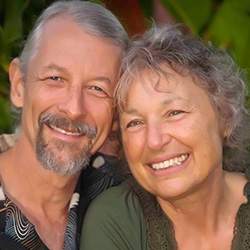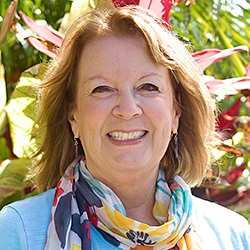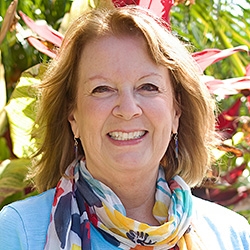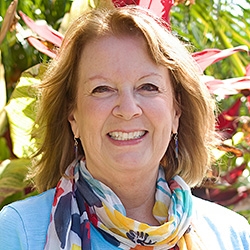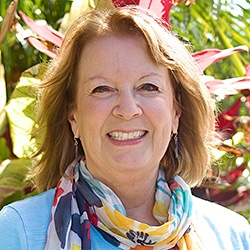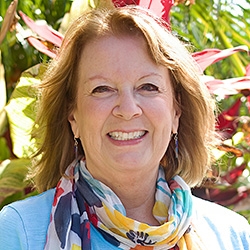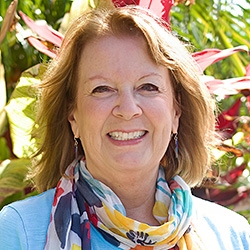

NVC Resources on Giraffe & Jackal
-
This Introduction to NVC Mediation provides a conceptual overview and experiential taste of the NVC mediation learning model developed by John Kinyon and Ike Lasater.
-
Learn to recognize four forms of thinking and speaking that are likely to lead to disconnection.
-
Join Kathleen for a gentle, compassionate exploration and embracing of your true self. Reclaim your self-worth, experience greater freedom when expressing your self and actually celebrate who you are in the world. Delve into what self-love is and is not – including how to distinguish self-worth from negative cultural labels such as self-obsession and selfishness.
-
When you or anyone is upset, what could underneath the trigger? There may be more than is immediately visible. This article invites us to explore what it looks like to inquire deeper, take self-responsibility, examine our assumptions, attachments, interpretations, and "certainties" that could be hidden behind the needs that are aching to be attended to...
-
Mediating a conflict conversation can be challenging – but with tools and practice, that challenge can be transformed. If you're curious about the specific steps needed to achieve that transformation, join John for an exploration of his non-dual mindfulness practice.
-
Trainer Tip: Today, identify the facts, without adding your ideas about why people behave in certain ways. Then consider connecting with the person about what was going on with them. You will find that the more you observe life without judgment and evaluation, the more open you will be to hearing and connecting with other people.
-
Trainer tip: When we express moralistic judgments we are implying that other people are wrong or bad because they don’t act in ways that are in harmony with our values. Judging the situation or people can create distance and hurt. Instead, we can express our needs and how we're affected, bringing greater connection and healing. Today, notice how often you judge, and how you feel when you judge.
-
Trainer tip: Various life circumstances that can seem to be something that we don't want, and we may think of them as bad. And then later the situation may reveal that it's a circumstance that we do want, and we may think of it as good. Instead, of evaluating our day as good or bad we can acknowledge the feelings and needs that are present. Read on for a few anecdotes that illustrate this.
-
Trainer tip: Judging others can affect our ability to communicate effectively with that person, or enjoy the relationship. Translating the static judgments (enemy images) we have of others into our own and others' feelings and needs can help us move into greater understanding, healing, and relief -- which can foster compassion and connection. Read on for more.
-
Trainer tip: Be aware of times when you are judging others, demanding, making comparisons, or denying responsibility for your actions. Notice how these communication patterns affect your connection with other people.

Quick Links
Subscription Preferences
Stay In Touch!
Looking for ways to keep up with NVC Academy news, get special offers, free resources, or words of inspiration? Here are five ways to stay engaged:


